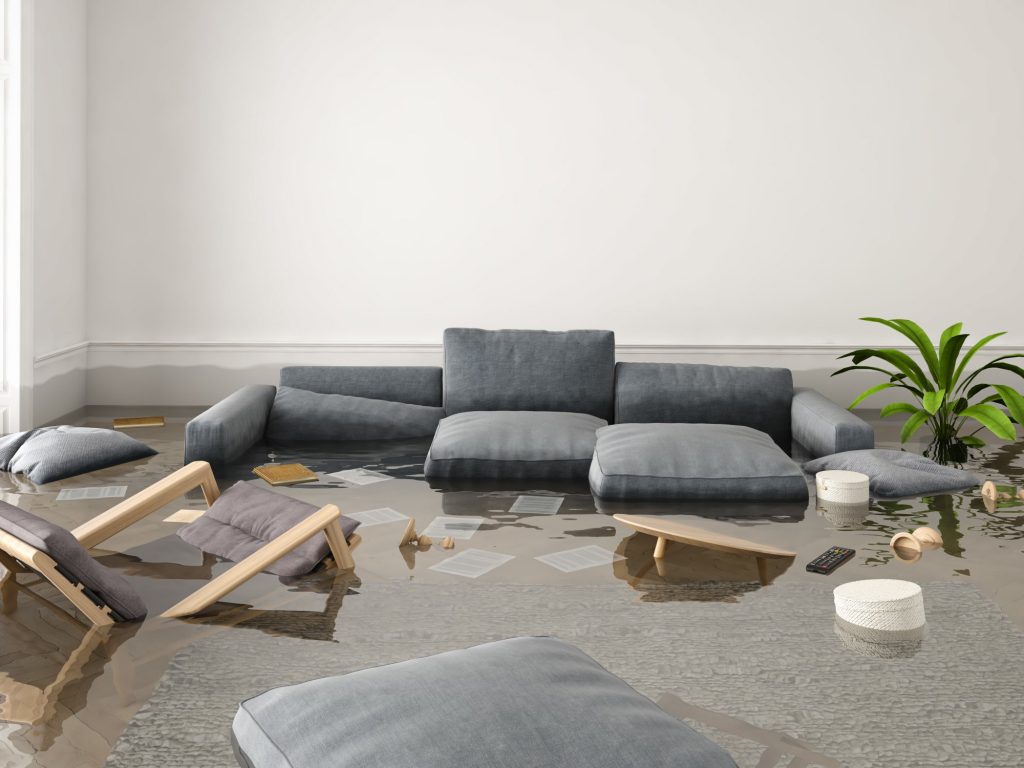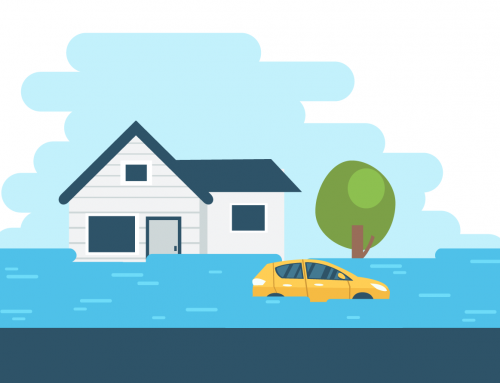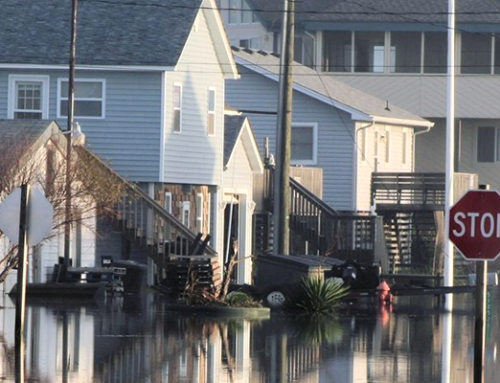
Hurricane Katrina resulted in $161 billion in costs, and Hurricane Harvey came in at a close second with $125 billion in damages.
In Florida alone, there are $2.86 trillion in insured properties that are vulnerable to hurricanes. As a result of Katrina, there were 167,985 flood payouts, which added up to $16 billion.
One to two hurricanes make landfall every year, and 40% of those hit Florida. It doesn’t matter if you’re on the coast or not. Storms can still significantly impact those people and homes that are inland.
If you live in Florida, there’s no reason not to have flood insurance. For a complete guide on all things flood insurance and hurricane season, keep reading!
When Is Hurricane Season?
Even though Florida is named the “Sunshine State,” there are still many reasons for which flooding occurs, hurricanes being one of the major ones.
Hurricane season begins on June 1st and ends November 30th. It peaks between August and October on both coasts.
The storms that do hit are rarely strong enough that people have to worry about severe damage to their homes and properties. But rainy season and storms within it can still cause flooding, regardless of whether there’s a hurricane.
When Should You Prepare for Hurricane Season?
It’s in your best interest to prepare at the beginning of the season, especially if you plan to take advantage of the tax holiday.
From May 31 through June 6, there is a Florida sales tax holiday on disaster supplies. You can purchase items like generators, flashlights, coolers, reusable ice packs, bungee cords, tarps, and batteries, without paying sales tax.
How Do You Know If You Need Flood Insurance?
If you live in Florida, you probably need flood insurance.
Most mortgage lenders will insist on you having flood insurance for your home. Plus, flooding is not necessarily covered under your Florida homeowners insurance policy.
Things like a pipe leak or a hole in your roof will be covered under your homeowner’s insurance policy. But when it comes to flooding due to torrential rainfall or a storm surge, you’ll need a separate policy. Flood insurance in Florida is its own thing, but there are insurance providers who do offer both.
What’s Your Flood Zone?
If you live in a high-risk flood zone, you may HAVE to get flood insurance. If you’re not in a flood zone, or you’re in a low-risk flood zone, your flood insurance will be cheaper.
Even if you don’t live on the coast or you’re not in a flood zone, you should still get flood insurance in Florida because you don’t have to be hit by a hurricane for flooding to occur. Torrential rain, which happens many times during Florida rainy season, can cause a lot of damage that may not be covered by your homeowner’s or renter’s insurance.
What Does Flood Insurance Cover?
If you’re wondering, “Should I buy flood insurance,” first check and see what your homeowner’s insurance or renter’s insurance covers already. It may only cover water damage from things not pertaining to weather.
Flood insurance, however, covers damage to many aspects of your life. You can protect your home in two ways.
Building coverage protects your home, which includes things such as:
- The physical structure of your home
- The foundation of your home
- Central air, heating systems, and other built-in appliances
- Cabinets and paneling
- Window blinds
- A detached garage
While it’s common for a detached garage to be included, other detached structures typically need their own policy.
Personal contents coverage protects your personal items, which includes things such as:
- Clothing
- Curtains
- Furniture
- Electronics
- Refrigerators, stoves, and other appliances
- Art
- Other valuables (up to a specific limit)
- Portable appliances
- Freezers and the foods in them
Every policy is different, so it’s crucial that you go over it carefully with your insurance agent if there are particular items that you’re concerned about.
Many companies are now offering to provide both homeowners’ and flood insurance, at a cheaper, combined rate.
What Isn’t Covered?
There are some things that just won’t be covered in your flood insurance policy, such as:
- Mold and mildew damage
- Money
- Precious metals
- Paper valuables
- Outdoor property (decks, fences, landscaping, etc..)
- Septic systems and wells
- Hot tubs and pools
- Temporary housing expenses
- Cars and other vehicles
- Financial losses as a result of business interruption
How Do You Get Flood Insurance and How Much Does It Cost?
Hurricane flood insurance and other flood insurance is pretty much one and the same. Any damage that occurs as a result of flooding due to weather is typically covered under the same policy.
Through the National Flood Insurance Program, you can get insurance for your property and personal belongings.
Through your current broker, you can easily get a quote based on your location and property.
Rates vary, but it should be at least a little over $500 per year. Still, that cost is nothing in comparison to what you could be paying, should you face serious damage with no insurance.
Flood Insurance Is a Necessity If You Live in Florida
Even if you live inland, your home is still at risk for flooding in Florida. Aside from the obvious potential damage due to a hurricane, rainy season and storm surges can cause water damage that may not be covered under your homeowner’s insurance plan.
Flood insurance isn’t terribly expensive, and with it, you can rest assured knowing that you’ll be covered in the event of a flood. Want to know how much it would cost for you and your home? Request a free quote here.





